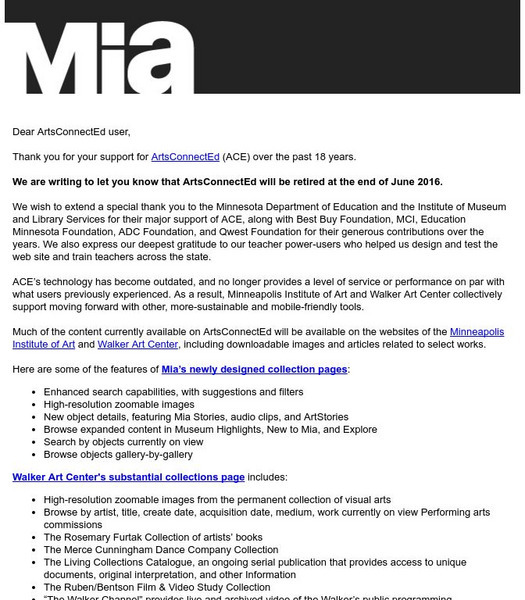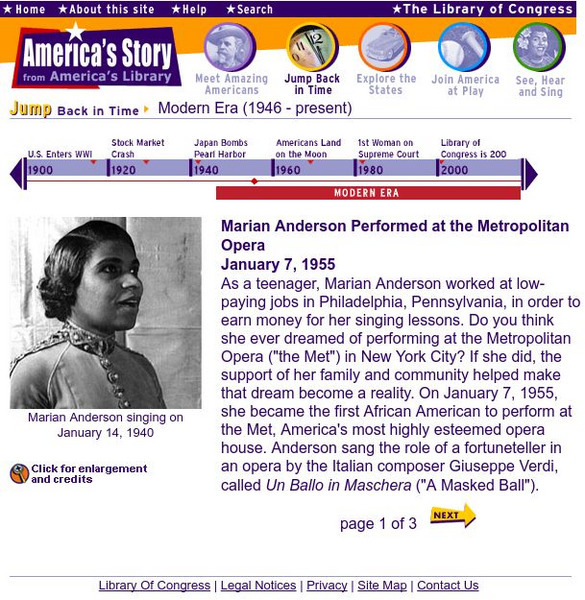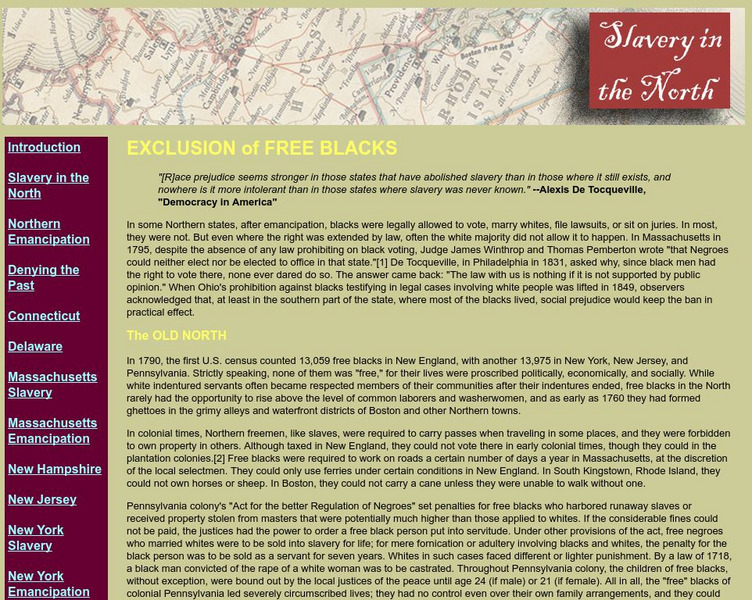Hi, what do you want to do?
Curated OER
Ethnic Diversity
Young scholars explore the ethnic diversity of the British military. In this diversity instructional activity, students discuss the British West Indies Regiment rebellion and the reasons they believed it took place. Young scholars also...
Curated OER
Apartheid and Segregation
Students view a television program that depicts the history South African Apartheid and the United States' system of segregation. They discuss how laws were used to uphold these institutions and compare and contrast racism and...
Curated OER
Fair Housing and Diversity
Students study the civil rights law of the fair housing act and reinforce learning by playing different intriguing games like Minority Monopoly, which teach diversity adn equality.
Curated OER
The Power of Words Words That Reinforce Stereotypes
Students devise and discuss definitions for words that are promote stereotypes. They share the definitions and impressions in small groups.
Curated OER
Virginian Contributors
Students examine the contributions of native Virginians to the United States. For each person, they read excerpts of a book about their contributions and organize the information in a chart. In groups, they become an expert on one of...
Other
Kootenay an Exploration of Historic Prejudice and Intolerance
A fascinating look at prejudice against immigrants and First Nations peoples in the Kootenays in Victorian days.
Other
An Exploration of Historic Prejudice: The Chinese
The Chinese began coming to British Columbia in the mid-1800's. They suffered terrible abuse during their voyages to get there and much discrimination afterwards, often forced to work in dangerous conditions. Many of them sought gold...
Other
A Web of Understanding: Sikhs
This page is part of a 2001 display on prejudice created by the museum. Here you can read original documents and letters that highlight racial prejudice faced by Sikh immigrants in British Columbia in the Victorian era.
Other
An Exploration of Historic Prejudice: The Italians
Some Italians came to British Columbia during the gold rush and the building of the CPR. They began to arrive in earnest beginning in 1898 to build the B.C. Southern Railway. They suffered from prejudice from English-speaking Europeans....
Other
A Web of Understanding: Ktunaxa Nation
The Ktunaxa Nation were the first group to inhabit the Kootenay area. With the coming of Europeans, they suffered enormous prejudice, even more so that immigrants from other lands. See original documents, news articles and photographs...
Other
Kootenay: An Exploration of Prejudice Sikhs (And Other Groups)
The Sikh were one group who came to British Columbia to work on the railway, and suffered much discrimination from Victorian settlers. This page offers a brief synopsis about this as part of a larger exhibition on prejudice.
Other
An Exploration of Historic Prejudice: Italian Digital Photo Album
This photo album shows the Italians as they lived in the Kootenays in Victorian days. They are seen here building the CPR, mining and going about their lives.
Orca Book Publishers
Orca Book Publishers: Yellow Line Teaching Guide [Pdf]
Yellow Line by Sylvia Olsen is a novel about racial prejudice in a small town, where whites and natives do not mix. When Vince's friend Sherry starts to date Steve, who is native, Vince tries to break them up. But when he finds himself...
Khan Academy
Khan Academy: Ap Us History: 1865 1898: The American West: The Gold Rush
Describes the impact of the California Gold Rush of 1848 which brought hundreds of thousands of gold-seeking migrants to the region. This massive influx of people to a place with little law enforcement and no infrastructure led to...
Other
Arts Connected: James Ensor's "Intrigue"
Not only a picture of James Ensor's "Intrigue" but an analysis of the painting's depiction of racial prejudice as well. Vocabulary terms are included. Painting can be enlarged for better viewing. Discussion questions and a profile of the...
Library of Congress
Loc: America's Story: Marian Anderson's Performance
Marian Anderson was the first African American to sing at the Metropolitan Opera. She had to overcome prejudice many times in her career. The Library of Congress tells you more with words and pictures.
Other
A Web of Understanding: Education Packs
Here you can download excellent educational packs on prejudice in the Kootenays in the Victorian era. They is one for Grade 5, and two for Grade 10 and they are quite large.
National Humanities Center
National Humanities Center: Teacher Serve: Segregation
Steven Lawson, Professor of History at Rutgers, explores how racial segreagation changed from before the Civil War up to the 1950s and the differences in segregation between the North and the South. Students should understand the legacy...
Other
Bringing History Home: Segregation History
This 3rd grade unit introduces children to the history of segregation, from the end of the Civil War in 1865 through the 1940s. Its content bridges the period between slavery and the peak of the Civil Rights movement in the 1950s and...
Other
Slavery in the North: Exclusion of Blacks
After emancipation, African Americans were granted rights, such as voting or sitting on a jury, in some Northern states. But often they were prevented from exercising these rights due to the deeply ingrained prejudices of whites.
Smithsonian Institution
National Portrait Gallery: American Women: Marian Anderson
A brief, but powerful, biography of Marian Anderson, who broke racial barriers with her beautiful voice. See a portrait of her depicting her concert at the Lincoln Memorial.
Annenberg Foundation
Annenberg Learner: American Passages: Southern Renaissance: Richard Wright
Author Richard Wright is presented in this biography which draws upon his brutal honesty in describing life in the racially segregated south. See "Richard Wright Activities" for related artifacts and activities.
CommonLit
Common Lit: Book Pairings: "The Secret Life of Bees" by Sue Monk Kidd
Selected (9) reading passages (grades 10-12) to pair with "The Secret Life of Bees" by Sue Monk Kidd. In this novel about family connections and racial equality, Lily Owens and Rosaleen, Lily's housekeeper, run away to Tiburon, South...
Yale University
Gilder Lehrman Center: The Causes of the Chicago Race Riot
From a contemporary article in The Crisis, Vol. XVIII, October, 1919, Walter White enumerates what he sees as the causes of the Chicago Race Riot. Very interesting to read a viewpoint written only a few months after the riot.










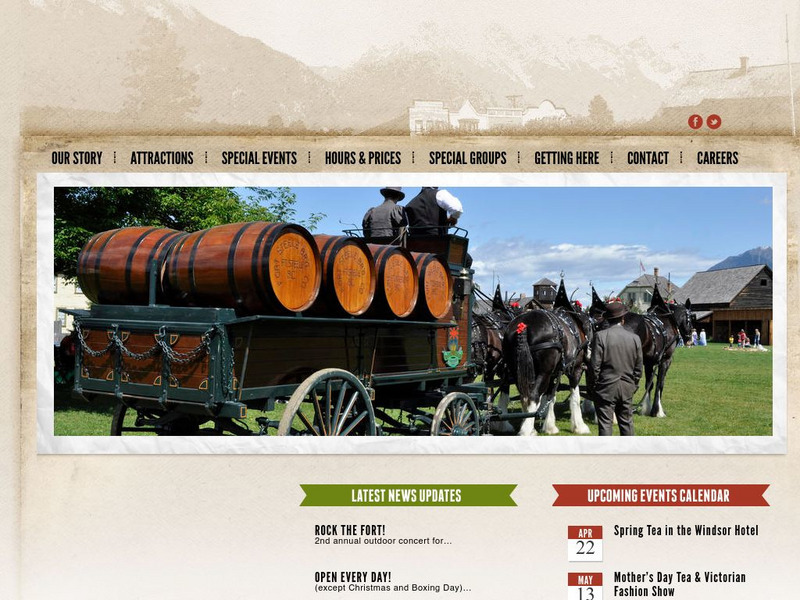

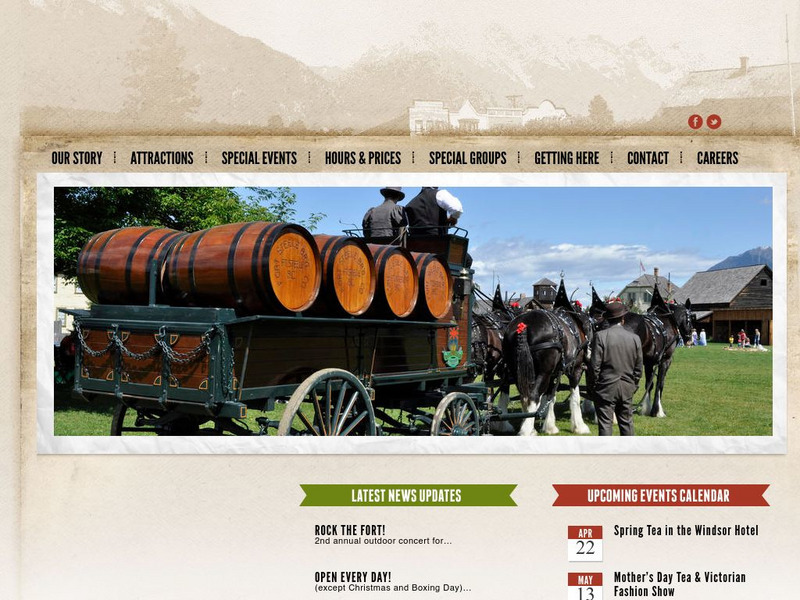
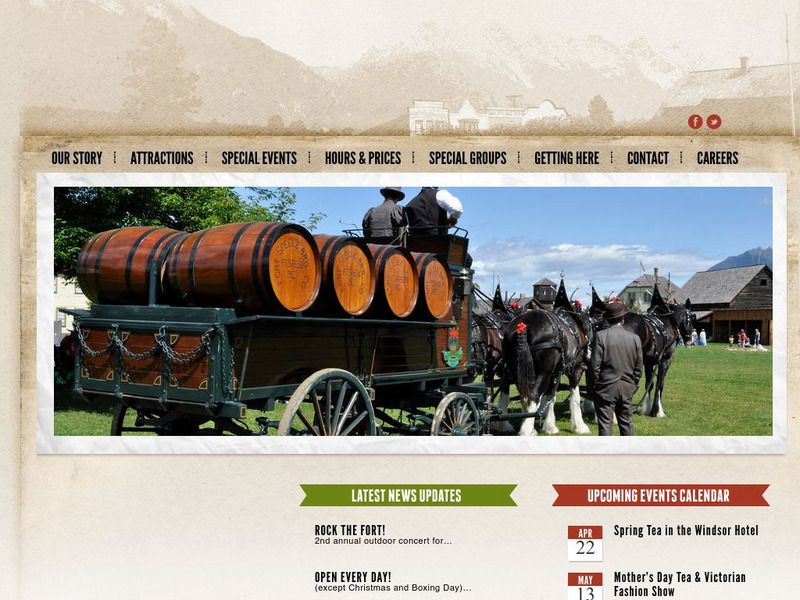

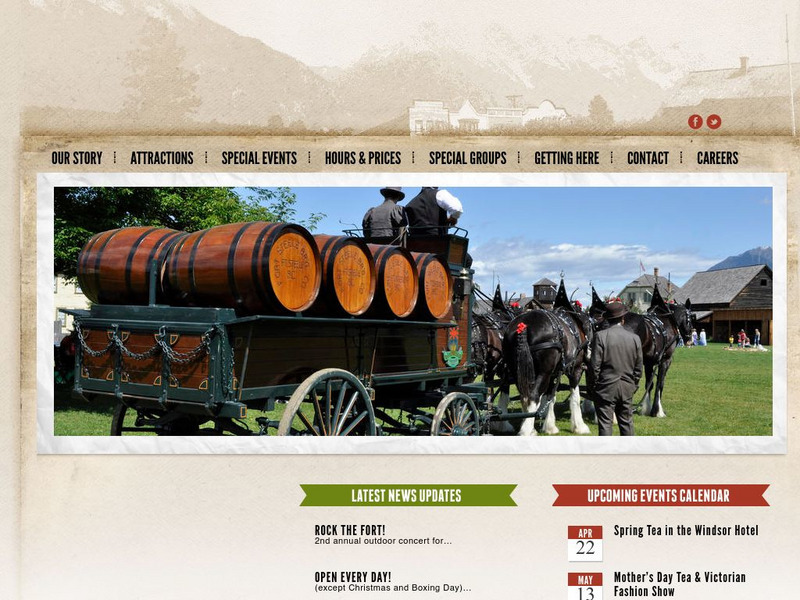
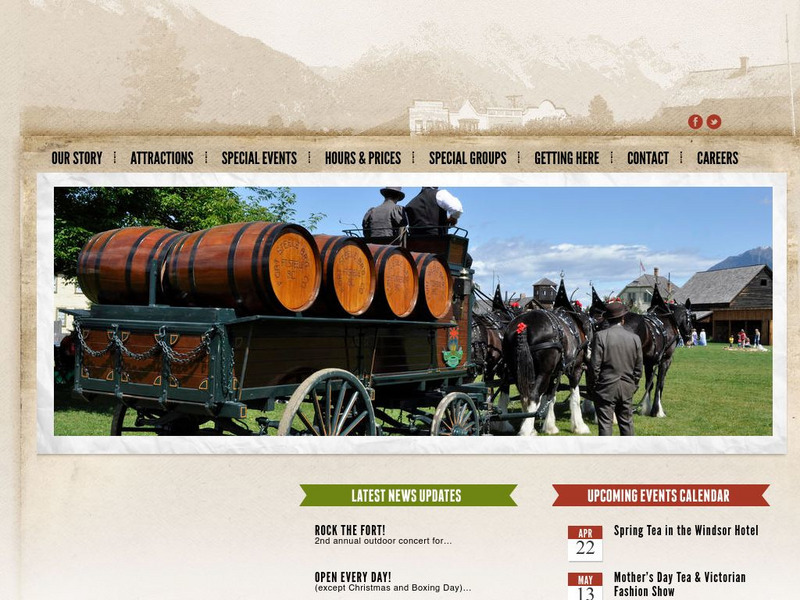
![Orca Book Publishers: Yellow Line Teaching Guide [Pdf] Lesson Plan Orca Book Publishers: Yellow Line Teaching Guide [Pdf] Lesson Plan](https://static.lp.lexp.cloud/images/attachment_defaults/resource/large/FPO-knovation.png)

